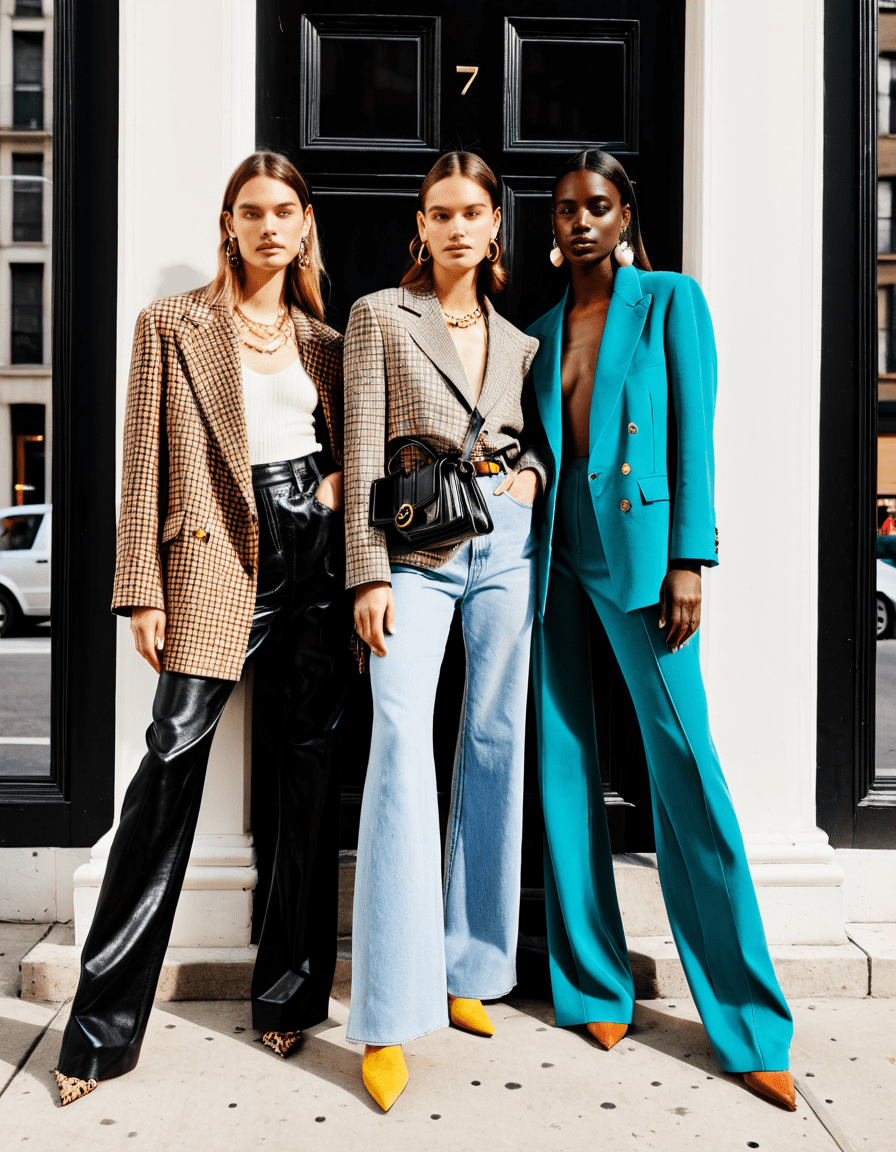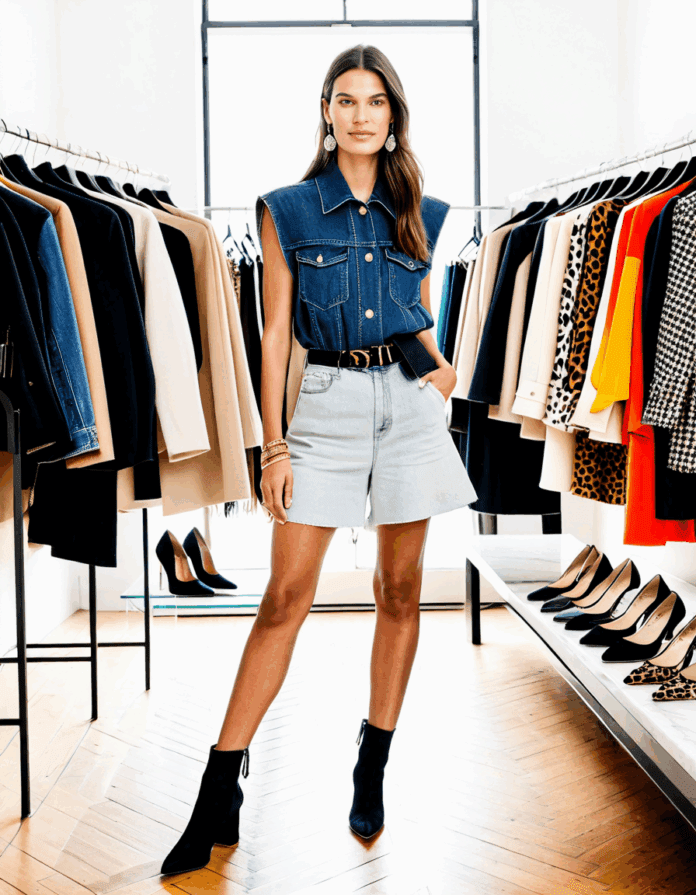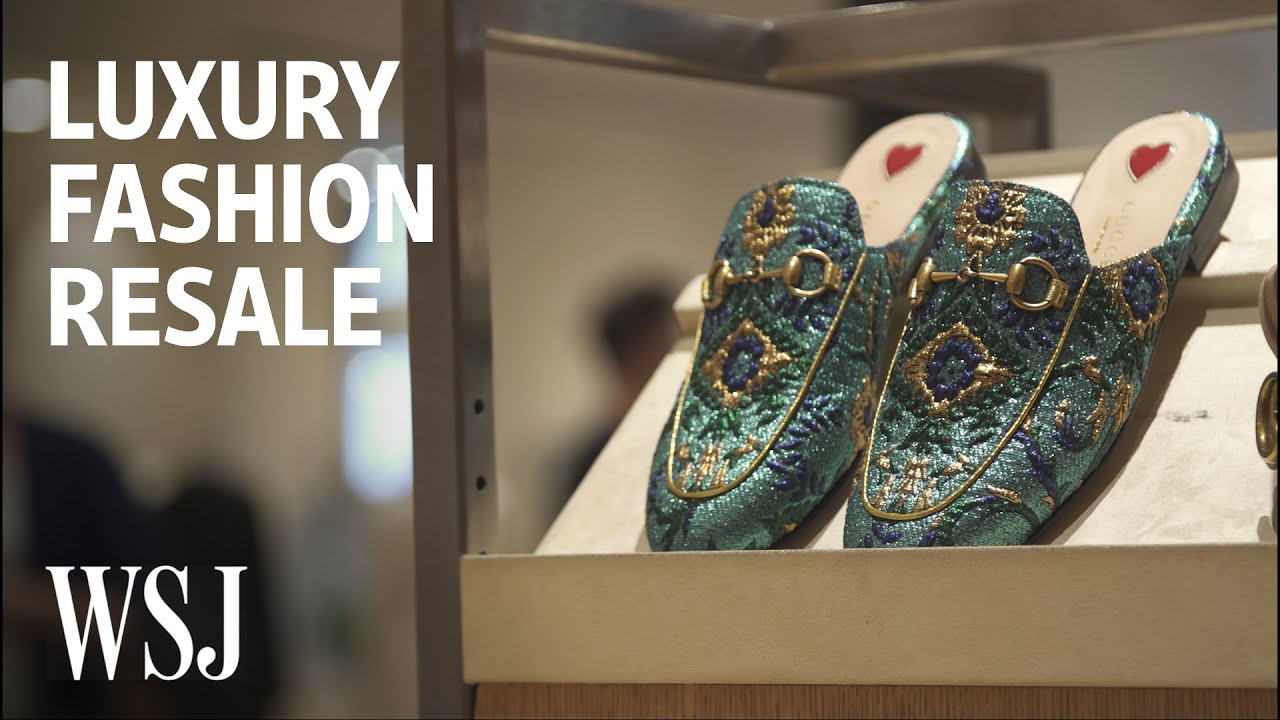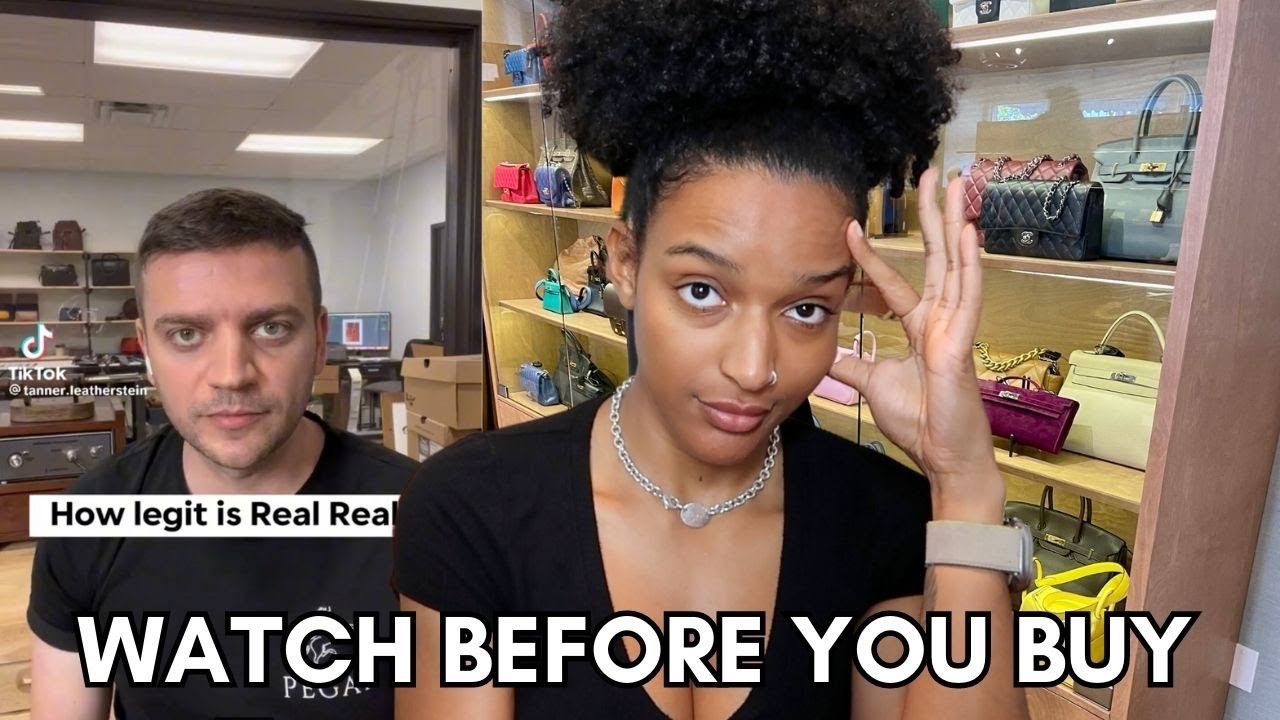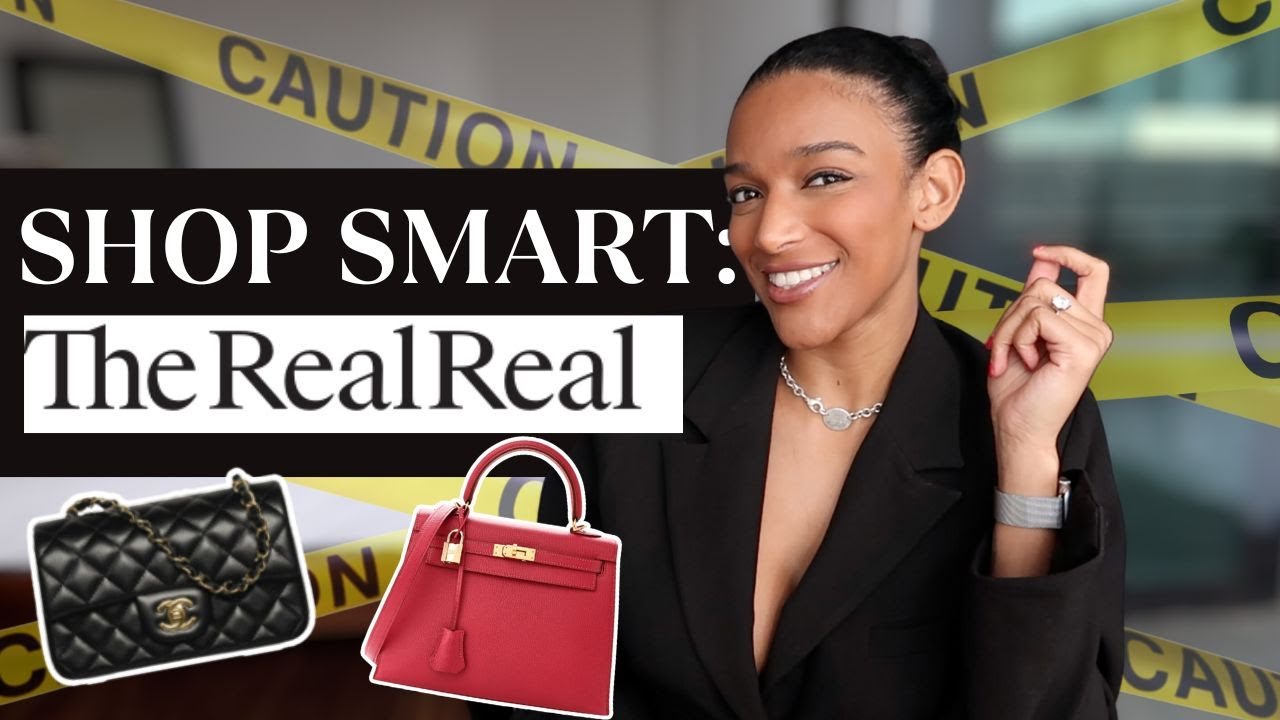1. The Realreal: Revolutionizing Fashion Resale
In the past few years, The Realreal has blossomed into a frontrunner in the luxury resale marketplace, reshaping the way consumers engage with high-end fashion. Founded in 2011 by Julie Wainwright, this platform has pioneered a sustainable approach to luxury shopping, leading to altered consumer attitudes and dynamics in the fashion industry. By offering a carefully curated selection of pre-owned luxury goods, The Realreal isn’t just a shopping destination; it embodies a cultural shift toward purchasing luxury in a way that is both accessible and sustainable.
The Realreal stands out for its commitment to authenticity. Each item undergoes rigorous checks by experts to ensure it’s genuine, allowing shoppers to indulge in opulent brands without reservations. This authentication process has become crucial as counterfeit goods flood the market. With The Realreal, buyers can rest easy knowing that they’re investing in quality.
Moreover, the increasing awareness of environmental issues has pushed consumers to reconsider their shopping habits. Many are opting for secondhand luxury items. The Realreal effectively marries luxury with sustainability, challenging the impulse-driven fast fashion culture. Consumers can feel good about their purchases, knowing they’re adopting a more eco-friendly lifestyle while still enjoying the finer things in life.
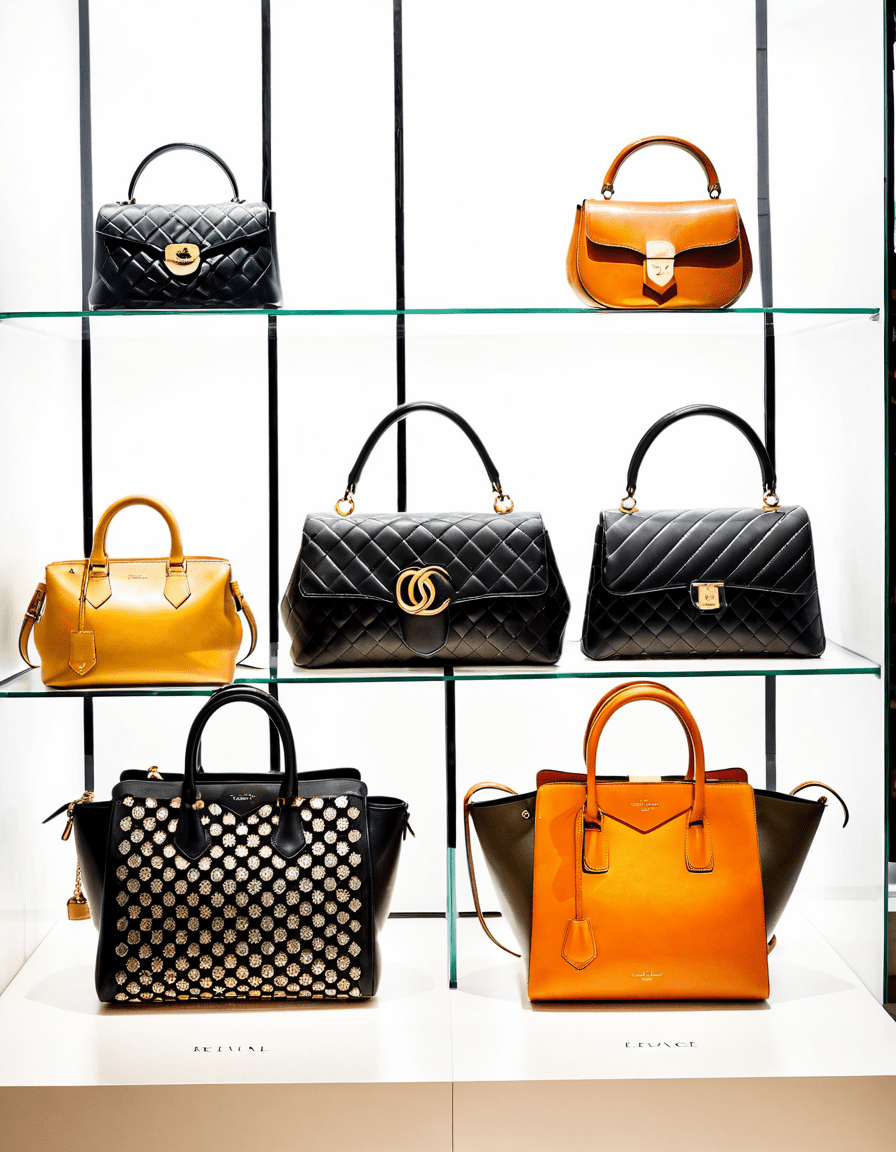
2. Top 7 Luxury Brands Flipped by The Realreal
When examining the impact of The Realreal, it’s vital to spotlight specific luxury brands thriving through the platform. Here’s a closer look at seven brands that have excelled in this resale revolution:
Known for its bold designs, Gucci’s previously owned items often sell at impressive prices, resonating with both fashion enthusiasts and environmentally-conscious shoppers. Whether it’s a vintage bag or unique shoes, Gucci pieces find new homes quickly.
Chanel’s timeless elegance guarantees that vintage bags and accessories not only retain their worth but often appreciate over time. The Realreal showcases these classic pieces, making them highly sought-after among luxury aficionados.
Louis Vuitton’s enduring allure means that items consistently perform well on The Realreal. Buyers can invest in iconic pieces that may otherwise bust their budgets, turning luxury dreams into reality.
Known for its sophisticated charm, Prada’s pre-owned items attract trendy buyers looking for unique wardrobe additions. The allure of these secondhand treasures is undeniable.
Vintage Dior items have experienced a revival, especially among younger shoppers seeking eye-catching fashion pieces with deep-rooted brand heritage. The Realreal provides a vibrant selection, bridging generations of style.
With its bold contemporary rebranding, Balenciaga’s edgy footwear and accessories are frequently resold, catering to fashion-forward consumers eager to explore new designs without breaking the bank.
Tiffany’s jewelry transcends merely being a symbol of luxury—it often embodies emotional connections, carrying personal stories. The Realreal presents these cherished pieces for a new wave of buyers ready to celebrate love and milestones.
3. Ordinary Angels and Natural Born Killers: The Cultural Impact of The Realreal
The cultural significance of The Realreal goes beyond simple transactions. By making luxury fashion more accessible, it channels the spirit of ordinary angels—those everyday folks who love high-end design without the steep price tag. This “democratization” of fashion challenges conventional luxury markets, representing a shift in how we view value and status.
These platforms act as natural born killers to the fast fashion monster that promotes waste and a disposable mindset. With The Realreal leading the charge, consumers are shifting toward sustainability, fostering appreciation for quality over quantity. The narrative stands firm against the idea of temporary fashions; items are given new life, encouraging a cyclical model that values longevity.
Moreover, shopping becomes less about mere ownership and more about stories entwined with fashion pieces, creating a deeper connection. In this sense, The Realreal isn’t just a retail outlet; it acts as a storyteller, representing the past while propelling the future of eco-conscious consumerism.
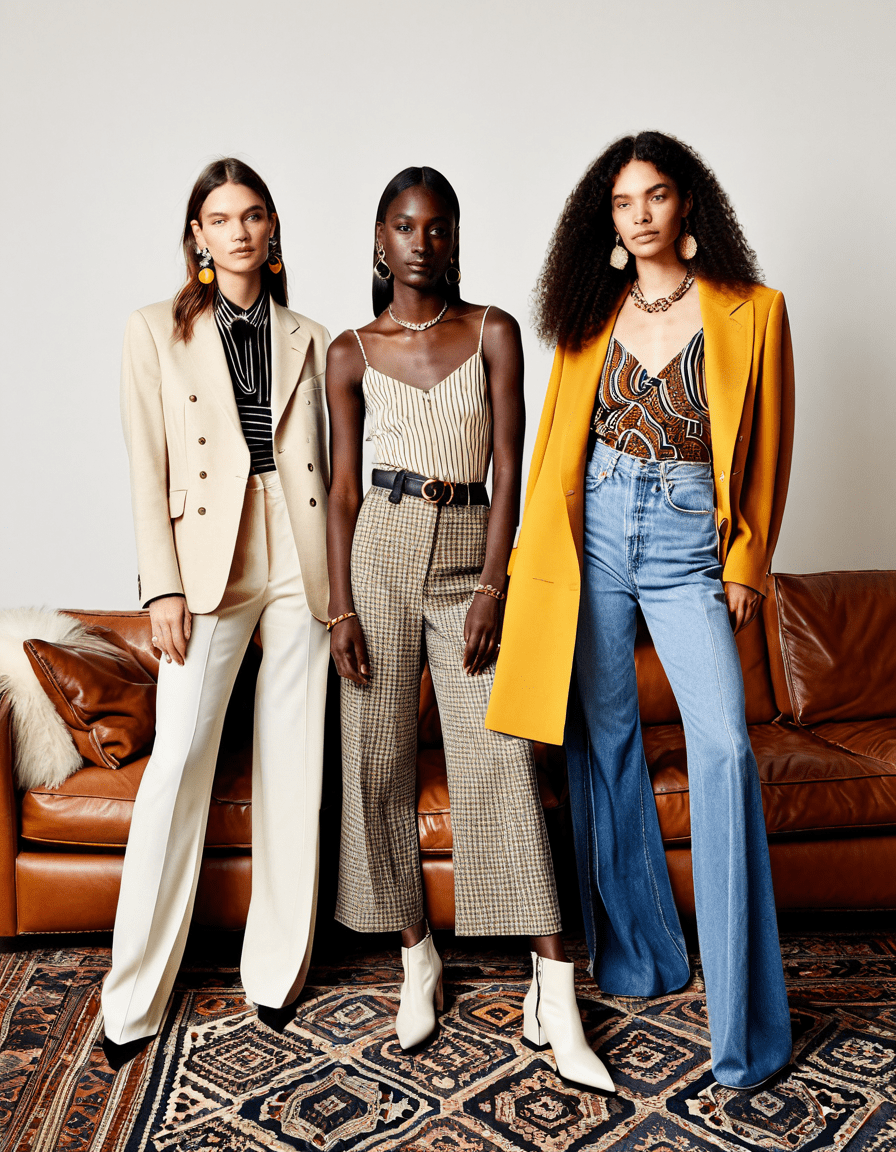
4. Defying Gravity: The Power of Tech in The Realreal’s Resale Model
In our tech-driven society, The Realreal leverages advanced digital tools to redefine luxury shopping experiences. Techniques like artificial intelligence and data analytics play vital roles in providing personalized recommendations and ensuring the authenticity of items in a market often plagued by counterfeits.
This innovative fusion of technology and high fashion facilitates an effortless shopping experience. Each item is verified through expert appraisals before being presented to potential buyers, making quality assurance the cornerstone of the platform. Shoppers no longer feel uncertain about secondhand purchases.
Additionally, initiatives such as Instagram Live sales and virtual styling sessions enhance customer interaction, creating a vibrant shopping environment. The Realreal demonstrates that the luxury shopping experience can be as dynamic and engaging as any flagship store, asserting that appealing to the modern customer involves utilizing every technological resource available.
5. The Hateful Eight: Addressing Criticism and Challenges within Luxury Resale
Despite its impressive growth, The Realreal hasn’t been without its share of challenges. Critics often raise concerns about the authenticity verification process while others suggest potential greenwashing in the luxury sector. Some industry experts refer to the hateful eight—those issues that could tarnish The Realreal’s reputation, even if inadvertently.
This skepticism centers on the belief that the allure of pre-owned luxury items could seem superficial. Questions arise about whether true sustainability is achievable in an industry chiefly driven by consumption. Critics argue that resale behavior can sometimes dilute the essence of luxury, altering brand equity and exclusivity when items are readily available secondhand.
Additionally, as luxury brands delve deeper into resale, their approach towards exclusivity begins to blur. The fear that items may lose their premium edge raises valid concerns that, without a careful approach, the resale market could inadvertently shape brand narratives in unintended ways.
6. Bones and All: The Sustainable Future Ahead
As eco-conscious consumerism continues to rise, The Realreal’s market position is set to grow even stronger. Its commitment to sustainability resonates with consumers who are becoming ever more aware of their environmental footprint. As they partake in resale, shoppers contribute to a holistic bones and all thought process, embracing the idea that fashion doesn’t rely on endless cycles of production.
Recently, The Realreal launched partnerships with brands like Stella McCartney, noted for its eco-friendly practices. Such collaborations could further reinforce its reputation as a leader in the sustainable luxury landscape, showcasing that it is possible to curate a vibrant marketplace while championing ecological responsibility.
In an evolving consumer environment, The Realreal is positioned to lead the charge, advocating for sustainable choices that benefit both the planet and the consumer. This forward-thinking approach encourages a more significant shift where luxury and environmental ethics converge.
7. True Religion Jeans and the New Wave of Resale Fashion
As vintage styles once again capture the public’s imagination, pieces like True Religion Jeans have screamed back into the spotlight within the resale sphere. No longer lost in the shuffle of fashion’s quick-paced cycles, these pieces symbolize nostalgia for many millennials and Gen Z consumers who seek out brands with personal resonance.
The Realreal plays a crucial role in showcasing these nostalgic finds, illustrating how past styles can redefine modern wardrobes. The chance to own a piece of fashion history—whether it’s True Religion Jeans or another beloved brand—reflects an evolving narrative, where the virtue of classic styles draws in new generations.
Furthermore, this renewed interest is causing a shift in how fashion is perceived. Resale gives shoppers access to iconic labels, supporting a culture that values heritage while promoting sustainability and creativity in dressing.
Innovative Outlook
As The Realreal’s influence continues to expand, so will its role in reshaping luxury fashion. By promoting sustainability, adopting technology, and inspiring a cultural shift toward resale, it invites consumers to see shopping as an evolving journey. Here, luxury merges with ethical responsibility, and every purchase mirrors personal values and dedication to a sustainable future.
In a world where brands stand to benefit from announcing overt ecological commitments, The Realreal demonstrates that real impact comes from actions transforming consumer behavior. By marrying fashion with sustainability, The Realreal stands as a beacon of hope in an industry yearning for change, offering a template for the future of luxury shopping.
As we embrace this newfound ability to access luxury while supporting sustainable practices, we redefine what it means to be fashionable in a conscientious world. In the grand scheme of things, The Realreal might just be leading the way for a new understanding of luxury—a true revolution in the tapestry of fashion.
The Realreal: A New Era in Luxury Resale
Rescuing Luxury Fashion
Did you know that The Realreal was founded in 2011 by Julie Wainwright with a simple mission: to make luxury fashion more accessible? This unique resale platform allows users to buy and sell high-end items, thus giving luxury a second life. Speaking of second chances, many fans are hoping for a renewal of popular series like Lioness Season 3, as the demand for fresh narratives in entertainment echoes the thriving world of sustainable fashion we see with The Realreal. The blend of style and sustainability is truly a win-win!
But that’s not all. Ever thought about the influence of celebrity culture on our shopping habits? Well, The Realreal has benefited immensely from high-profile endorsements. Celebrities like Jackie Guerrido have been spotted promoting the brand, showcasing how modern fame can elevate a business’s appeal. On the flip side, movies featuring Parker Posey have captured audiences’ attention, much like The Realreal does in the fashion space, where each piece tells a story.
Grabbing the Spotlight
What’s particularly fascinating is how The Realreal sets itself apart from typical thrift stores. With rigorous authentication processes, it ensures that you’re getting the real deal—no fakes here! This careful verification stands out, much like the gripping storylines that keep us hooked in shows like Lincoln Lawyer season 3 or The Night agent Season 2. Both platforms resonate with audiences, and in their own ways, they build communities that celebrate authenticity.
And just when you think it can’t get better, imagine this: by selling and buying through The Realreal, you can help reduce waste in fashion, influencing the environment positively. It’s similar to how trending topics on social media, like the ongoing buzz about Cheating Wife stories, can spark meaningful conversations about ethics and responsibility. Being fashionable doesn’t have to come at a cost to the planet!
Exploring The Realreal reveals an exciting crossroads where luxury meets sustainability. In a world filled with choices, it’s great to see a platform that encourages eco-conscious shopping while keeping the thrill of luxury alive! More than just a shopping destination, The Realreal emboldens consumers to embrace a circular economy—one high-fashion item at a time. While you’re at it, dive into the intriguing life of influencers like Alexia Grace, who thrive in an interconnected web similar to the intricate ecosystem The Realreal fosters.
